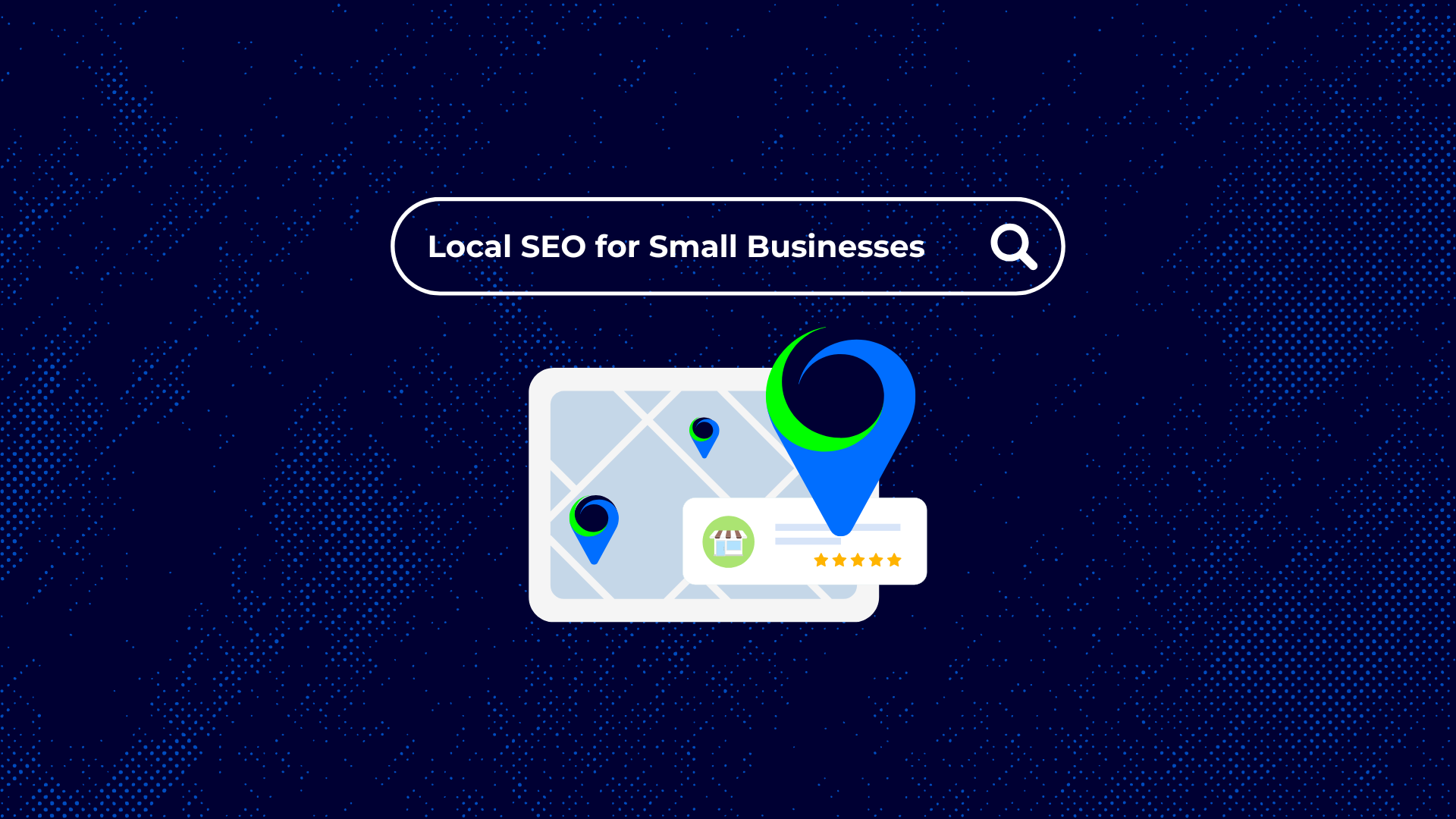How AI Impacts Our Planet & What it Means for Your Small Business
Artificial Intelligence (AI) has rapidly become a part of everyday life, from writing tools and chatbots to customer support and appointment systems....
Got a question, or need help with something?
A member of the LoudLocal team is on hand to help you.
The Brickyard, Unit 2, Queen's Rd, Kenilworth, Warwickshire, CV8 1JQ
5 Merchant Square, Paddington, London, W2 1AY
When we hit economic crisis, often, marketing is the first budget to be cut. However, keeping on top of marketing within your company is essential to keeping your business thriving during these periods.

Here are our top tips on how to budget your marketing during tough times:
All too often, businesses see marketing as an optional cost; however, it must be viewed as an investment. It's simple:

It's important to keep your marketing budget as consistent as possible. This allows your clients to gain confidence in the stability of your company which in turn will help build trust.
As much as every business wants to see its client base grow, you must remember your existing customers. During a recession, people tend to return to the brands they trust, so don't let them forget about you, and you'll be one step ahead of your competitors!

This could be sending relevant emails to loyal customers or regular posts on your social media about new products/services you may be offering. Even something as simple as reaching out with a 'Happy Birthday message can help to keep your business at the forefront of their mind.
Make a marketing plan with measurable goals; you should aim to review this monthly. A plan will help you stay within budget and ensure money is spent in a way that benefits your business.

Without a plan or any measurable key performance indicators (KPIs), you won't be able to review results against your objectives; this makes it hard to tell if your strategy is working and if changes need to be made.
Following on from a plan, it is vital to use the different types of analytics you have access to. Using these will allow you to see what areas of your plan are working and which aren't to avoid repeating the same mistakes.
Useful tools include Google Analytics, Adobe Marketing Cloud, and some website builders with robust inbuilt analytics tools.
Key performance indicators (KPIs) such as cost per click allow you to see the short-term impact of a campaign. Measuring your return on investment (ROI) is better at representing how well long-term goals are being achieved. It is, therefore, vital to combine both to determine what works well for your business and what may need some development.
During a recession, people's needs change, and your marketing strategy must reflect what people now want. To do this, send out surveys or call existing customers to see how you can improve or adapt your existing service to the current circumstances.
We all love a discount, but during a recession, a big price drop isn't always what people look for; instead, people tend to be swayed by economic reassurance.
This can come in various forms, such as flexible payment plans, instalments, or even smaller, more affordable purchases.
.png?width=485&height=152&name=blog%20pics%20(2).png)
So before adding a large sale tag to your products, consider how this may impact your business and if alternative strategies might work for you and your company.
Marketing shouldn't stop; even during a recession, marketing on a budget is possible if done correctly and could even help you improve your strategy for the future.
We hope you have found this article useful, if you have any comments or suggestions, then let us know using the box below.
If you need help getting your marketing strategy working for you during these challenging times or assistance with any aspect of digital marketing, then get in touch with our team.

Artificial Intelligence (AI) has rapidly become a part of everyday life, from writing tools and chatbots to customer support and appointment systems....

Getting found by local customers online isn’t some magic trick, it’s about making sure your business shows up when people nearby are searching for...

Running a small business is a full-time job in itself, and finding time for social media can feel like an extra task on the list. But here’s the...

What are Brand Guidelines? Brand guidelines are a set of instructions used to create a brand identity which will become easily recognised by the...
First Things First - What is Bounce Rate? Bounce rate is a commonly used metric to determine whether your site "holds up" so to speak. When a user...
1 min read
Why Local Search Engine Optimisation (SEO) is Important If you are a small or local business, reaching people in your local area is vital for...